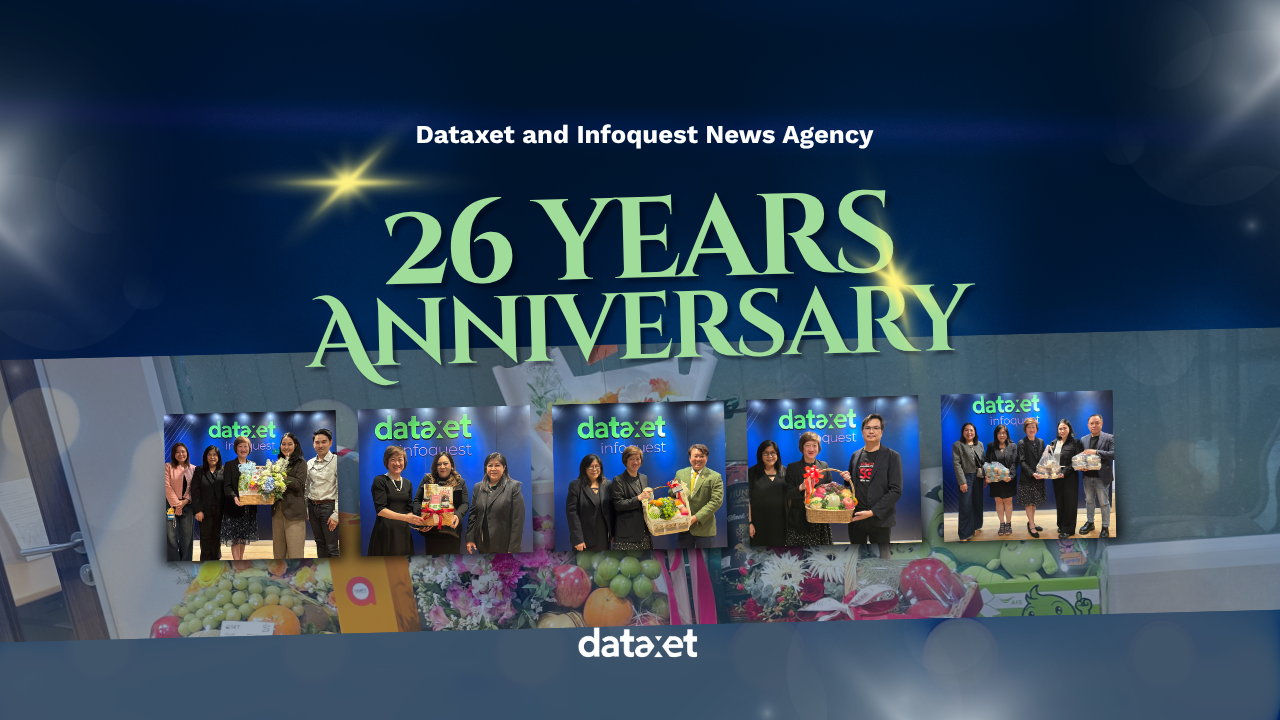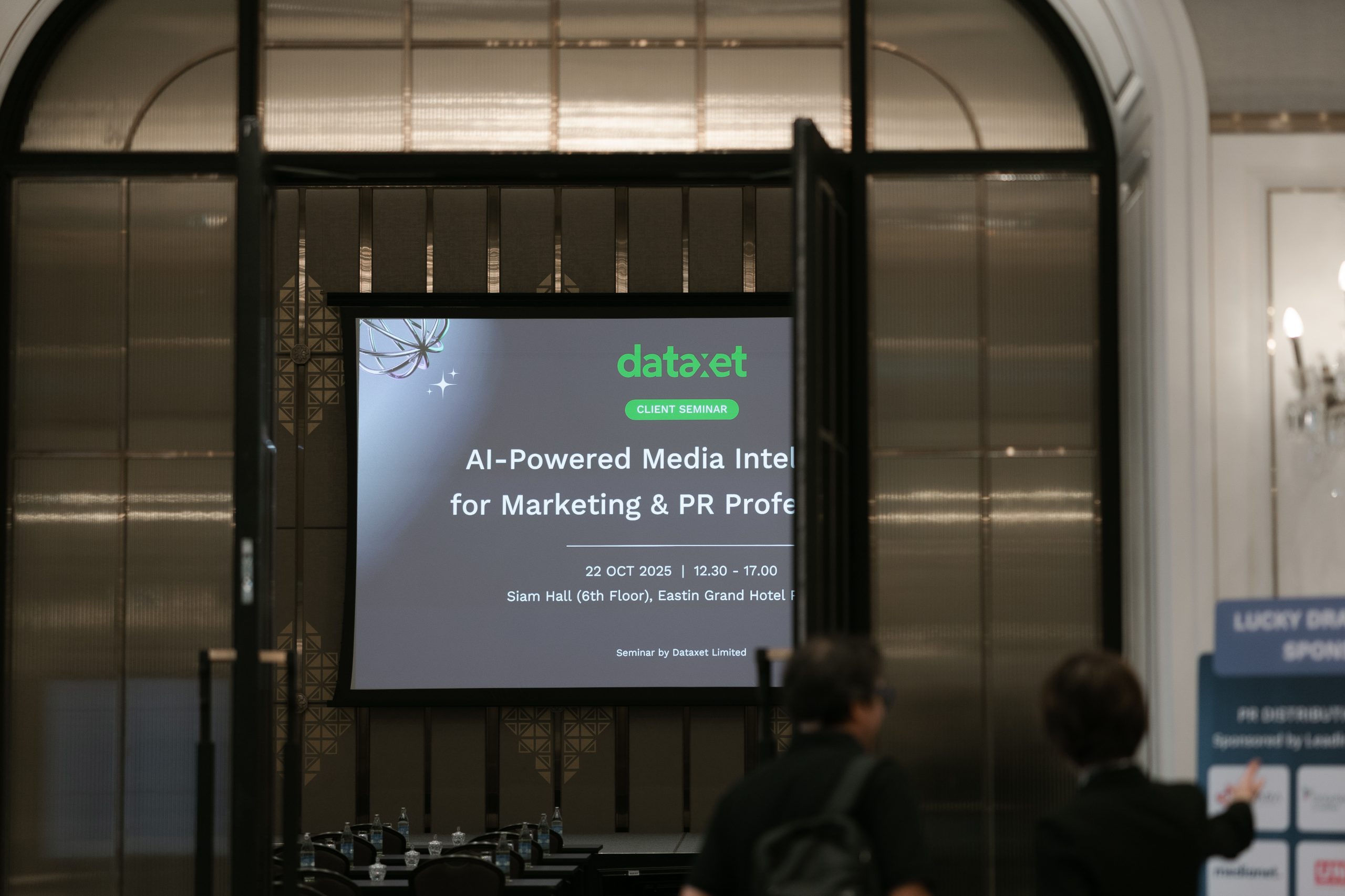"Social listening is too expensive, and I don't see clear ROI"
… If you’ve ever thought this way, it’s time to reconsider. Recent data shows that organizations using social listening strategically have seen significant improvements in sales and marketing performance, faster crisis response times, and the ability to create content that truly resonates with their target audience.
In an era where data is currency and speed is competitive advantage, investing in Social listening isn’t just an expense—it’s a strategic investment that continuously adds value to your business.
What Is Social Listening? Let's Break It Down
Social listening is the process of monitoring, analyzing, and understanding conversations happening across social media platforms and online channels. These conversations may relate to your brand, products, industry, or topics relevant to your business.
Social listening goes far beyond simply counting mentions. It involves deep analysis including:
- Sentiment Analysis – Understanding whether conversations are positive, negative, or neutral
- Trend Identification – Spotting emerging trends and topics gaining traction
- Influencer Discovery – Finding key voices talking about your brand
- Competitive Intelligence – Benchmarking against industry competitors
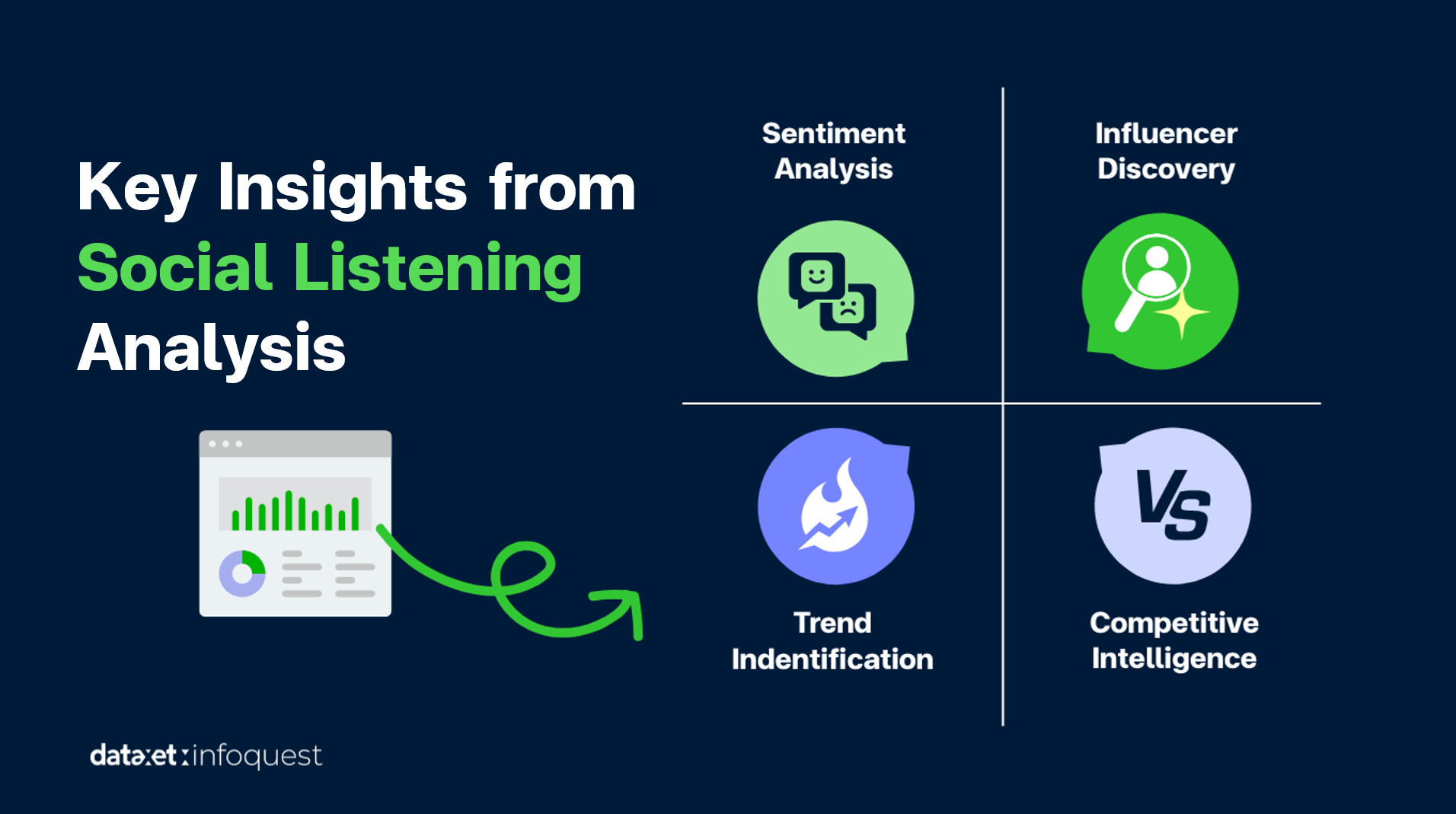
Social Listening vs. Social Monitoring: What's the Difference?
Many people confuse social listening with social monitoring, but there’s a crucial difference. Social monitoring is reactive—responding when someone mentions you. Social listening is proactive—analyzing data to inform strategic decisions.
Simply put: social monitoring is "watching," while social listening is "listening and understanding" that drives business decisions.
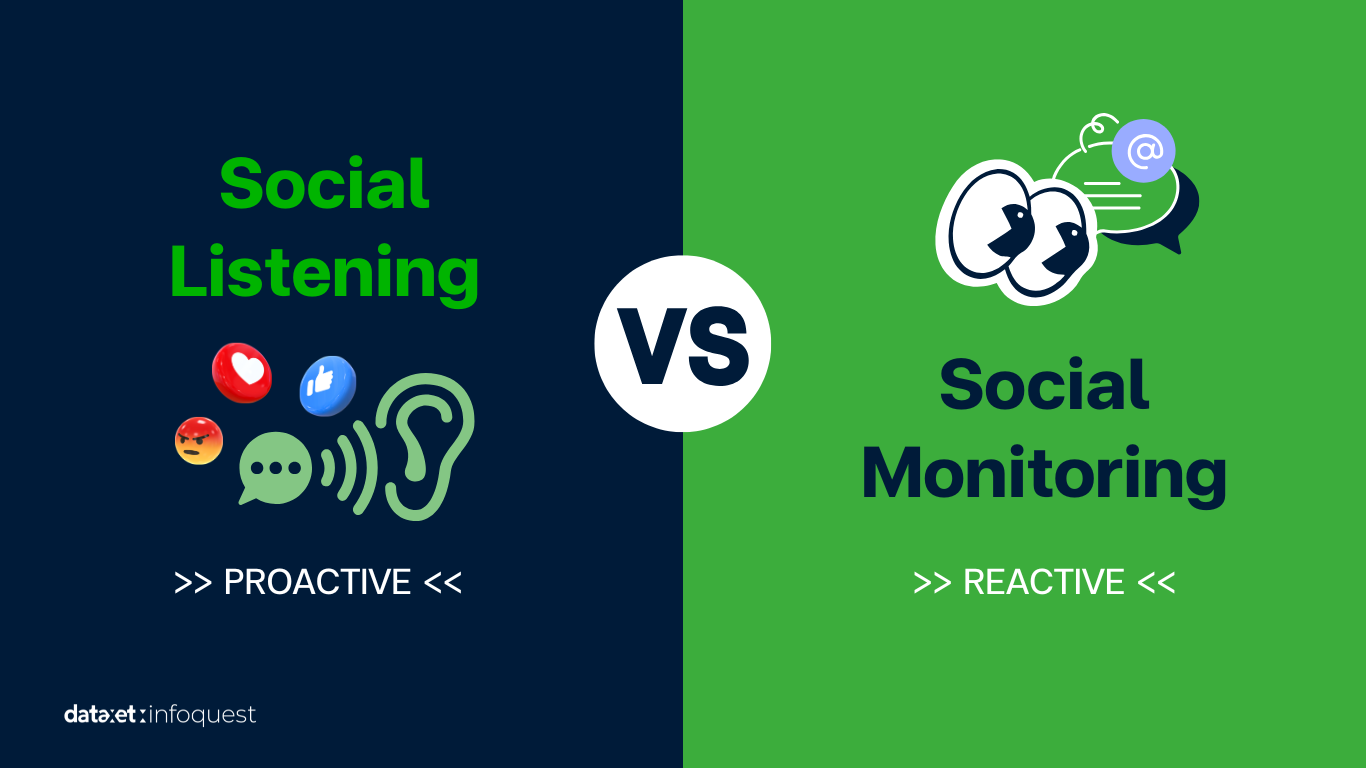
The Business Benefits of Social Listening
1. Deep Customer Understanding
Social listening gives you unfiltered customer feedback. You’ll discover genuine needs, hidden pain points, and opportunities to develop new products or services that actually matter to your audience.
2. Enhanced Marketing Performance
With social listening data, marketers can:
- Create content that genuinely resonates with target audiences
- Choose the most effective communication channels
- Adjust messaging to align with current trends
- Measure campaign performance in real-time
3. Crisis Prevention and Management
A robust social listening system helps you:
- Detect negative issues before they escalate
- Assess the severity level of potential crises
- Respond quickly with appropriate action plans
- Monitor results after implementing solutions
4. Competitive Advantage
Using social listening for competitive analysis allows you to:
- Identify your competitors’ strengths and weaknesses
- Learn from their successes and failures
- Discover untapped market opportunities
- Differentiate your strategy to stand out
How to Use Social Listening Effectively
Step 1: Define Your Social Listening Objectives
Before diving in, ask yourself: What information do I need? How will I use the results? Who will be using this data? Clear objectives help you stay focused and deliver valuable outcomes.
Step 2: Choose the Right Social Listening Tools
Selecting the appropriate tools depends on your business size, budget, and analytical needs. This is especially important for tools that can analyze local language nuances, slang, abbreviations, and cultural context.
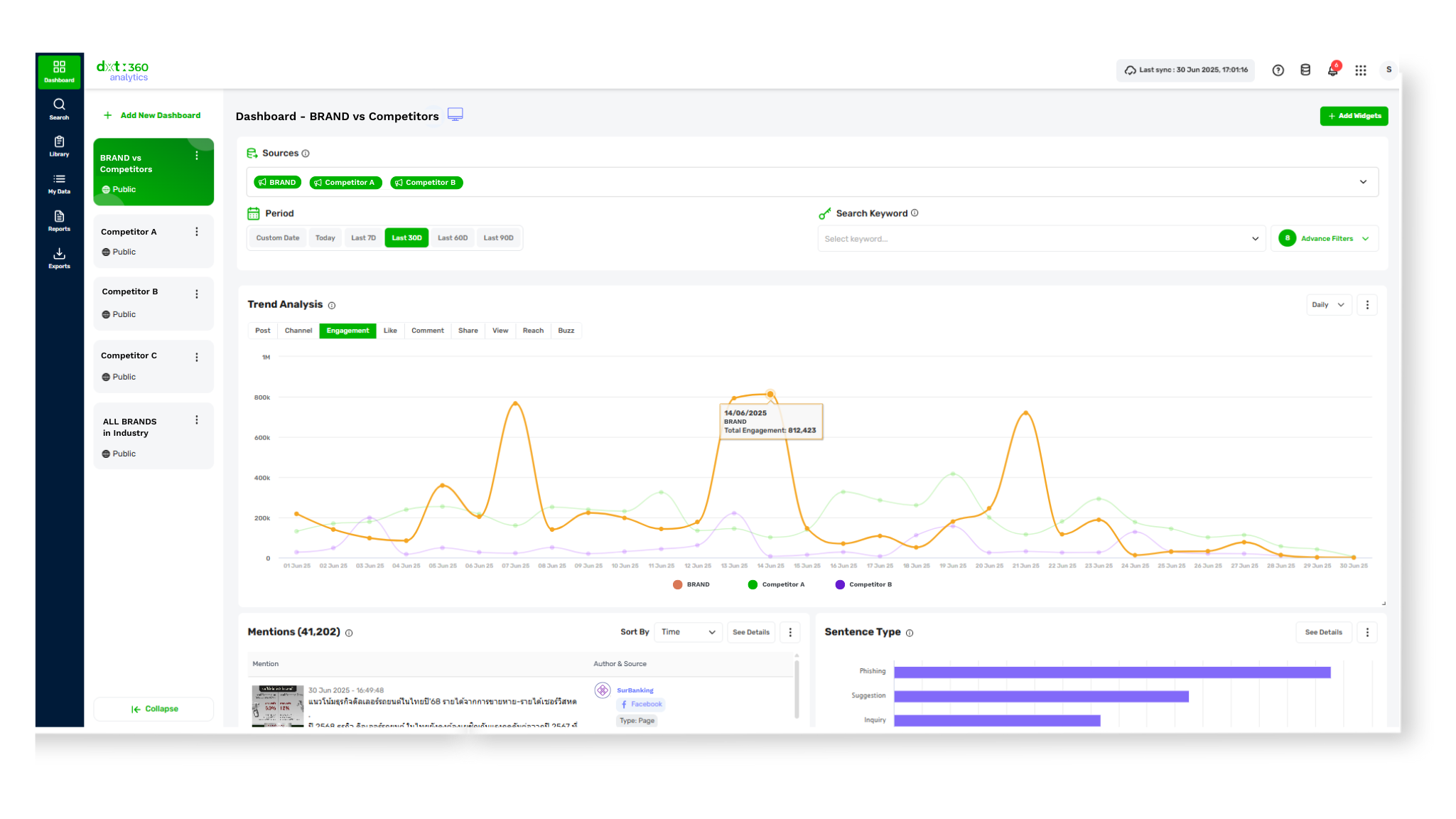
Step 3: Set Up Your Keywords
Keywords to track should include:
- Brand names and variations
- Product and service names
- Executive names
- Relevant hashtags
- Industry keywords
Step 4: Analyze Your Social Listening Data
Effective analysis should examine multiple dimensions:
- Volume – Are mentions increasing or decreasing?
- Quality – Is sentiment positive or negative?
- Sources – Which platforms? Who’s talking?
- Timing – When do conversations peak?
Step 5: Turn Insights Into Action
Social listening data is only valuable when you act on it:
- Improve products based on feedback
- Create content that addresses real needs
- Adjust marketing strategies
- Enhance customer service
Social Listening Best Practices You Need to Know
1. Make Social Listening a Continuous Process
Social listening isn’t a one-and-done activity. It requires ongoing attention because trends constantly evolve, consumer opinions shift, and competitors are always on the move.
2. Integrate with Other Tools
For a complete picture, use social listening alongside web analytics, customer surveys, sales data, and customer service feedback.
3. Build a Skilled Social Listening Team
An effective team should include data analysts, marketers who understand the business, social media experts, and representatives from relevant departments.
4. Set Clear KPIs
Key metrics to track include volume of mentions, sentiment scores, share of voice, engagement rates, and response times.
Case Studies: Brands Winning with Social Listening
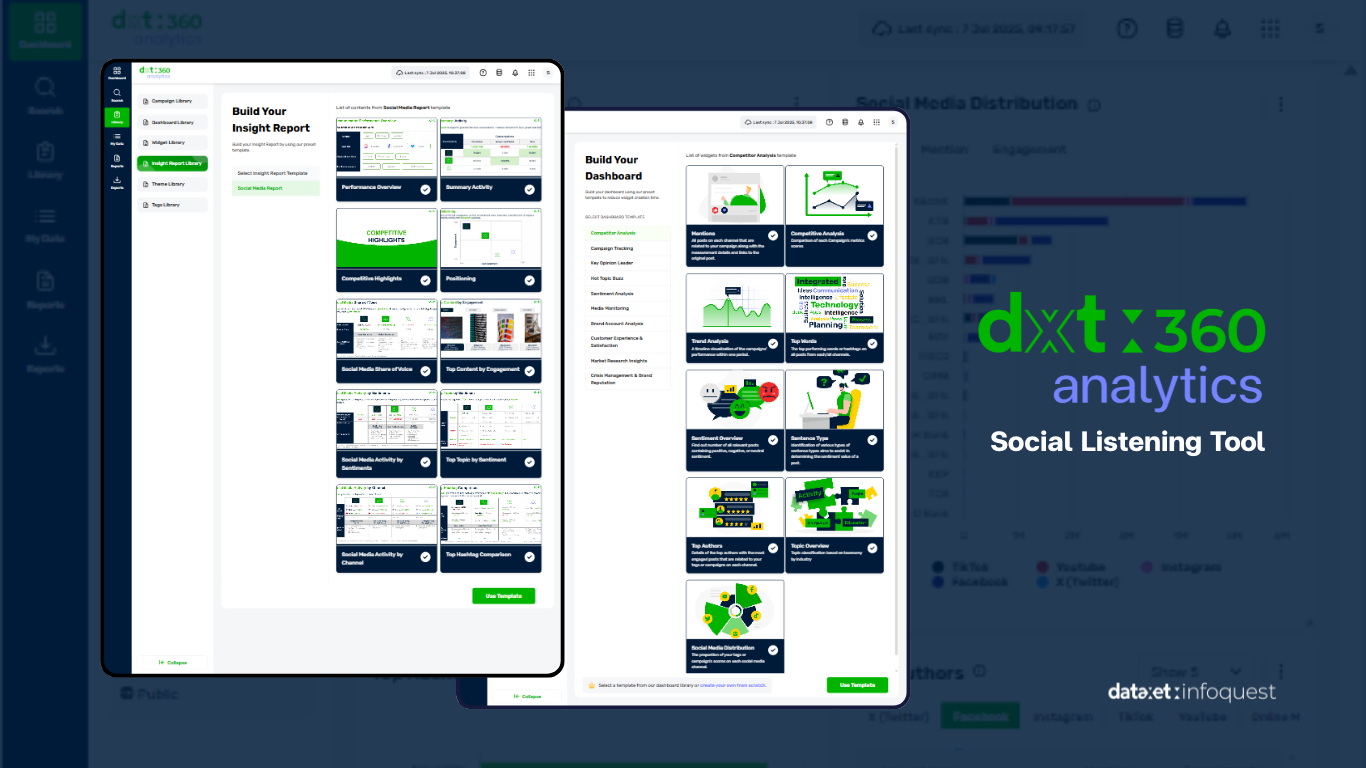
Case 1: Product Development Through Social Listening
A leading food brand used social listening to discover that customers wanted authentic local flavors. They developed a new product line featuring regional tastes, which became a bestseller.
Case 2: Crisis Management Success
A cosmetics brand used social listening to detect early complaints about allergic reactions. They quickly investigated, recalled the problematic batch, and communicated transparently, earning praise for their rapid response.
Case 3: Creating Viral Campaigns
A beverage brand discovered through social listening that their young audience loved memes. They created a meme-based marketing campaign that boosted engagement by 300%.
The Future of Social Listening
AI and Machine Learning Integration
AI technology is transforming social listening by:
- Improving sentiment analysis accuracy
- Predicting trends faster
- Providing better language translation and context understanding
- Processing large datasets at lightning speed
Integration with Other Systems
The future of social listening lies in connecting with CRM systems, marketing automation platforms, business intelligence tools, and customer service platforms.
The Bottom Line: Social Listening Is the Heart of Modern Communication
In an age where data is power, social listening isn’t just a tool—it’s a new way of working that every organization needs. Intentionally listening to consumer voices and continuously improving based on their feedback is the key to sustainable success.
Organizations that use social listening effectively can:
- Create products that meet real needs
- Communicate directly with their target audience
- Handle crises swiftly and effectively
- Build competitive advantages over their rivals
Social listening isn't optional anymore—it's essential for any business looking to thrive in the digital age. Start using social listening today to unlock your brand's potential and create lasting success for tomorrow.
Contact our team for consultation and learn more about Social Listening & Media Intelligence tools that are right for your business at +66 2-253-5000 ext. 222, 444 or email enquiry.th@dataxet.com


